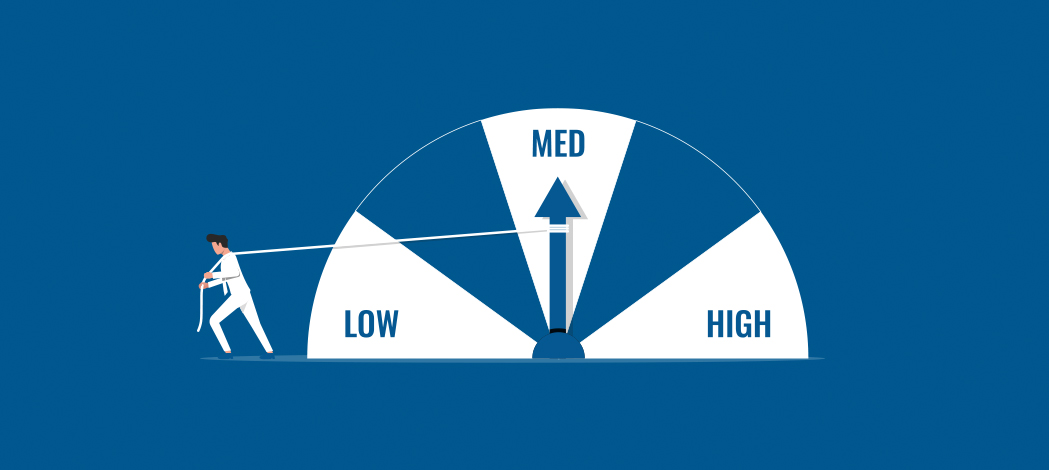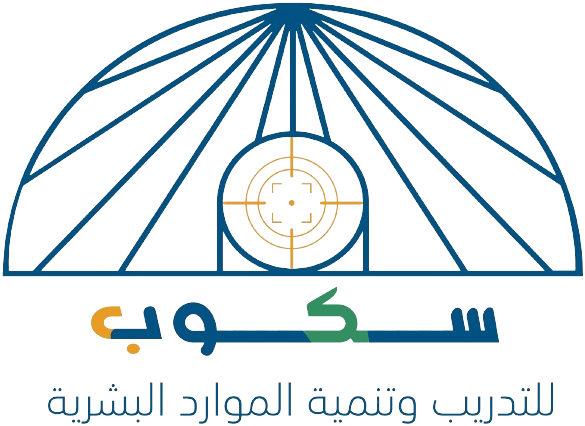
Professional Risk Management (RMP) Program
About this course
The Professional Risk Management (RMP) Diploma is a training program focused on developing skills and knowledge in risk management, including the ability to analyze, assess, and develop strategies to effectively deal with risks. The program covers a wide range of topics related to risk management, including strategic risk management concepts and quantitative and qualitative techniques for analyzing potential risks.
The Professional Risk Management Program is designed to meet the needs of professionals in various fields, including business, finance, insurance, technology, energy, and others. RMP certificate holders are equipped to provide risk assessments, develop risk management strategies, and implement policies and procedures to handle risks within their organizations.
المحاضرة الثامنة من محور إدارة المخاطر RMP
About this course
The Professional Risk Management (RMP) Program aims to:
1- Understand basic risk management concepts, including risk definition, classification, analysis, assessment, and handling.
2- Apply different tools and techniques available for risk analysis and assessment, such as SWOT analysis, PESTLE analysis, and quantitative and qualitative evaluation techniques.
3- Learn how to develop effective strategies to handle and mitigate potential risks in organizations and projects.
4- Understand and apply the legal and regulatory framework governing risk management in various industries and sectors.
5- Enhance students' communication and negotiation skills to ensure that stakeholders understand risks and communicate effectively with them.
6- Promote cultural awareness of risks and the necessity of managing them effectively in different cultures and work environments.
7- Enhance students' ability to make informed decisions based on comprehensive risk analysis and assessment.
8- Develop leadership skills in risk management, including the ability to motivate teams and make difficult decisions.
9- Apply principles of sustainability and social responsibility in risk management, including providing sustainable solutions and balancing current and future needs.
10- Enhance ethical culture and orientations in risk management, encouraging appropriate and ethical decision-making in the face of various challenges.
11- Encourage creative and innovative thinking in applying new and effective risk management strategies.
12- Develop students' ability to self-learn and continuously develop their skills and knowledge in risk management.
13- Enable business professionals and project managers to master the science and art of project risk management.
About this course
The Professional Risk Management Program includes a set of core modules that cover all aspects of risk management. Here are the key modules covered in the program:
1. Introduction to Risk Management:
- Definition and importance of risk management.
- Types of risks (financial, operational, strategic, etc.).
- Objectives and benefits of risk management.
2. Risk Analysis and Assessment:
- Tools and methodologies for risk analysis (e.g., SWOT, PESTEL).
- Techniques for evaluating risk impacts.
- Identifying the likelihood and impact of risks.
3. Risk Management Strategies:
- Developing and implementing strategies to deal with risks.
- Mitigation, transfer, avoidance, and acceptance strategies.
- Emergency response planning and crisis management.
4. Tools and Techniques in Risk Management:
- Software and technologies used in risk management.
- Applications of big data and data analysis.
- Using quantitative and qualitative techniques in risk analysis.
5. Risk Management in Various Fields:
- Risk management in business.
- Risk management in the financial sector.
- Risk management in information technology.
6. Responsibilities and Roles in Risk Management:
- Role and responsibilities of the risk manager.
- Role of specialized risk management teams.
- Interaction and coordination between different departments.
7. Organizational Culture and Risk Management:
- Building a supportive organizational culture for risk management.
- Promoting awareness and training on risk management.
- The role of leadership in risk management.
8. Laws and Regulations in Risk Management:
- Local and international standards and laws related to risk management.
- Compliance with regulations and its impact on risk management.
- Case studies on legal compliance.
9. Strategic Risk Management:
- Identifying strategic risks and their impact on long-term goals.
- Integrating risk management into strategic planning.
- Evaluating strategic performance and managing risks.
10. Continuous Improvement in Risk Management:
- Evaluating performance and making continuous improvements.
- Implementing continuous improvement cycles.
- Successful examples of improving risk management in organizations.
Covering these modules ensures that program participants are equipped to handle various aspects of risk management professionally and efficiently, in line with the changing demands of the job market.






